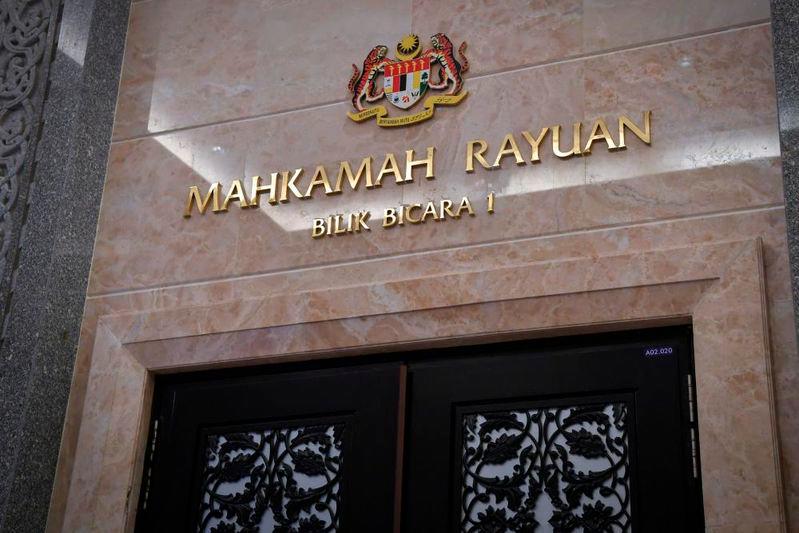PUTRAJAYA: The Court of Appeal here today upheld the validity of two provisions in the Courts of Judicature Act 1964 that abolish a litigant’s right to appeal on dismissal of interlocutory matters from the lower courts.
A three-judge panel, led by Justice Datuk P. Ravinthran, ruled that Section 28 and Section 68 of the Act do not infringe Article 4 of the Federal Constitution, affirming that the provisions are valid laws.
“An appeal is a creature of the statute. If the law does not provide for appeal, you cannot appeal,” said Justice Ravinthran, who sat with Justices Datuk Azimah Omar and Datuk Ahmad Kamal Md Shahid.
He said there was no question of infringement of constitutional rights.
The court had dismissed an appeal brought by three businessmen — Ong Saw Yong, Chew Khor Teng and Phang Tee Yoong — seeking to invalidate the two provisions following amendments made in 2022 which removed the right to appeal on dismissal of interlocutory applications. The court did not make any order as to costs.
An interlocutory application can be filed by one party during a legal proceeding, seeking the court to make an order to address a specific issue before the final judgment is reached.
The three businessmen had filed a lawsuit against the Minister in the Prime Minister’s Department (Parliament and Law) and the Government of Malaysia to challenge the amendments made to the two provisions.
They claimed that the amendments to the two provisions had curtailed their constitutional right to appeal.
The High Court dismissed their suit in April last year, prompting them to appeal to the Court of Appeal.
The amendments to Section 28 state that no appeals can be made from the lower courts to the High Court regarding the dismissal of summary judgments, the dismissal of striking out applications, or setting aside default judgments.
Section 68 of the law specifies that no appeals can be made from the High Court to the Court of Appeal concerning the dismissal of summary judgments, dismissal of striking out applications or setting aside default judgments.
The amendments to the provisions came into force in 2022.
A company known as Pasir Bogak Sdn Bhd sued Ong, Chew and Phang in 2021 for recovery of the balance of the amount of monies from a land sale.
The trio then applied to strike out the lawsuit but the Taiping High Court dismissed their application in 2022. The suit is fixed for a hearing at the High Court on July 7.
In today’s proceeding before the Court of Appeal, lawyer T. Manoharan representing the businessmen, argued that the Dewan Rakyat cannot pass laws that infringe provisions of fundamental liberties protected under the Federal Constitution.
However, senior federal counsel Ahmad Hanir Hambaly @Arwi, representing the government, countered saying Ong, Chew and Phang will have their right to ventilate at the trial and hence there was no curtailing of freedom of speech.
He said the amendments to the two sections in the Courts of Judicature Act are constitutional and valid.









